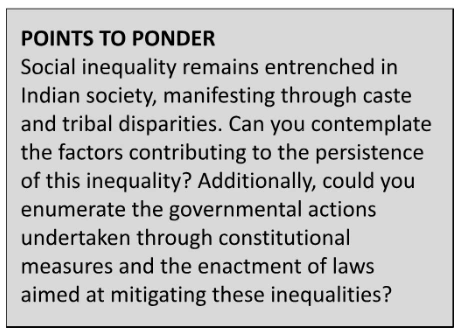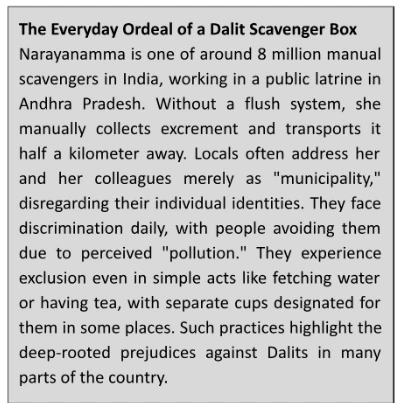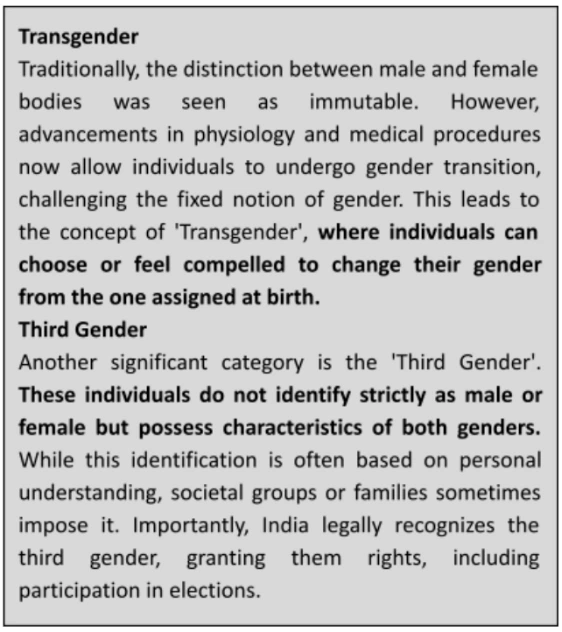Patterns of unequal access to social resources are commonly called social inequality. Social inequality primarily targets groups rather than individuals. While these phenomena aren’t solely economic in nature, there’s often a connection between social and economic disparities.
Furthermore, such inequalities are not random; they exhibit systematic and structured patterns. This understanding of “social” in the context of inequality and exclusion is pivotal.
This article delves deeper into the challenges and triumphs of four marginalised groups in India: Dalits, Adivasis, women, and the differently abled.



<div class="new-fform">
</div>